DEVELOPMENT, JUSTICE, AND DEMOCRACY: SOME REFLECTIONS
 As I am writing this essay on the Republic Day 2011, naturally my thoughts wended their way to the Constitution of India adopted on January 26, 1950. Till then King George VI was the head of state of India. India’s ambassadors till that day carried their letters of accreditation from the King. On that day, Dr. Rajendra Prasad took over as President. Therefore, January 26, 1950 completed India’s journey to political independence.
It is important to realize that what was gained in 1947-50 was only political independence. Economic independence was yet not there. Economic independence implies that all Indians can live with dignity, eat well, be literate, afford to send their children to schools where there are good and competent teachers, have access to good and affordable health care, have an adequate income , and, above all, hold their heads high without fear, and proud of their motherland and its position in the comity of nations. In the first half of the twentieth century India’s per capita income grew at 0.1% annually. We should note, en passant, that per capita income as such is a misleading indicator of the true state of the majority of the people. Yet, it is historically important to take note of the growth rate of income under the British Raj.
(more…)
As I am writing this essay on the Republic Day 2011, naturally my thoughts wended their way to the Constitution of India adopted on January 26, 1950. Till then King George VI was the head of state of India. India’s ambassadors till that day carried their letters of accreditation from the King. On that day, Dr. Rajendra Prasad took over as President. Therefore, January 26, 1950 completed India’s journey to political independence.
It is important to realize that what was gained in 1947-50 was only political independence. Economic independence was yet not there. Economic independence implies that all Indians can live with dignity, eat well, be literate, afford to send their children to schools where there are good and competent teachers, have access to good and affordable health care, have an adequate income , and, above all, hold their heads high without fear, and proud of their motherland and its position in the comity of nations. In the first half of the twentieth century India’s per capita income grew at 0.1% annually. We should note, en passant, that per capita income as such is a misleading indicator of the true state of the majority of the people. Yet, it is historically important to take note of the growth rate of income under the British Raj.
(more…)

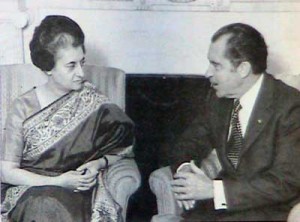

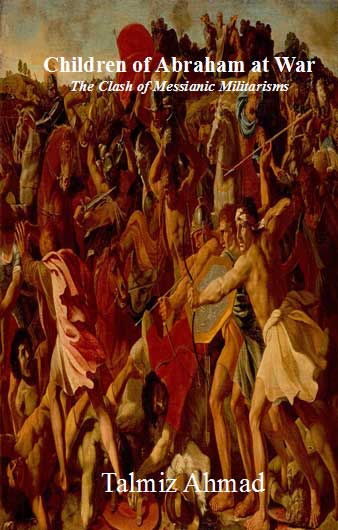
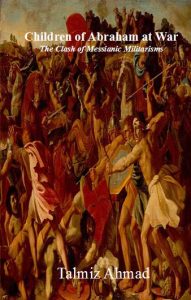


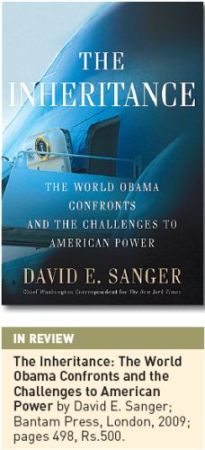
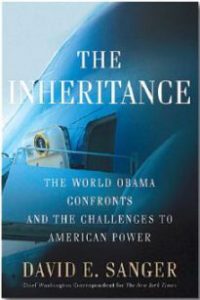


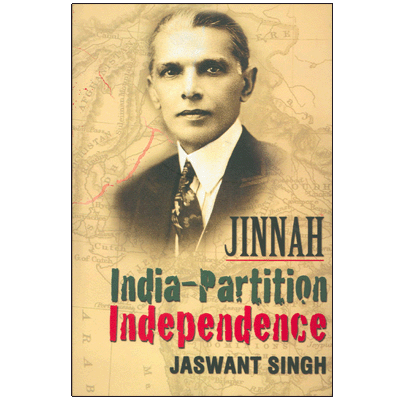
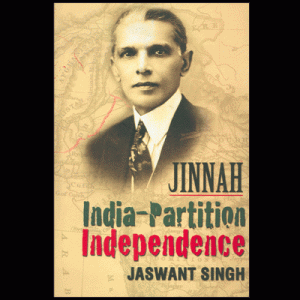
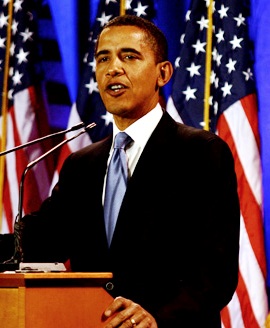
 Let us learn our lessons .Never, never, never believe any war will be smooth and easy, or that any one who embarks on that strange voyage can measure the tides and hurricanes he will encounter. The Statesman who yields to war fever must realize that once the signal is given, he is no longer the master of policy but the slave of unforeseeable and uncontrollable events. Antiquated War Offices, weak, incompetent or arrogant Commanders ,untrustworthy allies, hostile neutrals, malignant Fortune, ugly surprises, awful miscalculations-all take their seats at the Council Board on the morrow of a declaration of war.(Winston Churchill, My Early Life,1930).
Let us learn our lessons .Never, never, never believe any war will be smooth and easy, or that any one who embarks on that strange voyage can measure the tides and hurricanes he will encounter. The Statesman who yields to war fever must realize that once the signal is given, he is no longer the master of policy but the slave of unforeseeable and uncontrollable events. Antiquated War Offices, weak, incompetent or arrogant Commanders ,untrustworthy allies, hostile neutrals, malignant Fortune, ugly surprises, awful miscalculations-all take their seats at the Council Board on the morrow of a declaration of war.(Winston Churchill, My Early Life,1930).
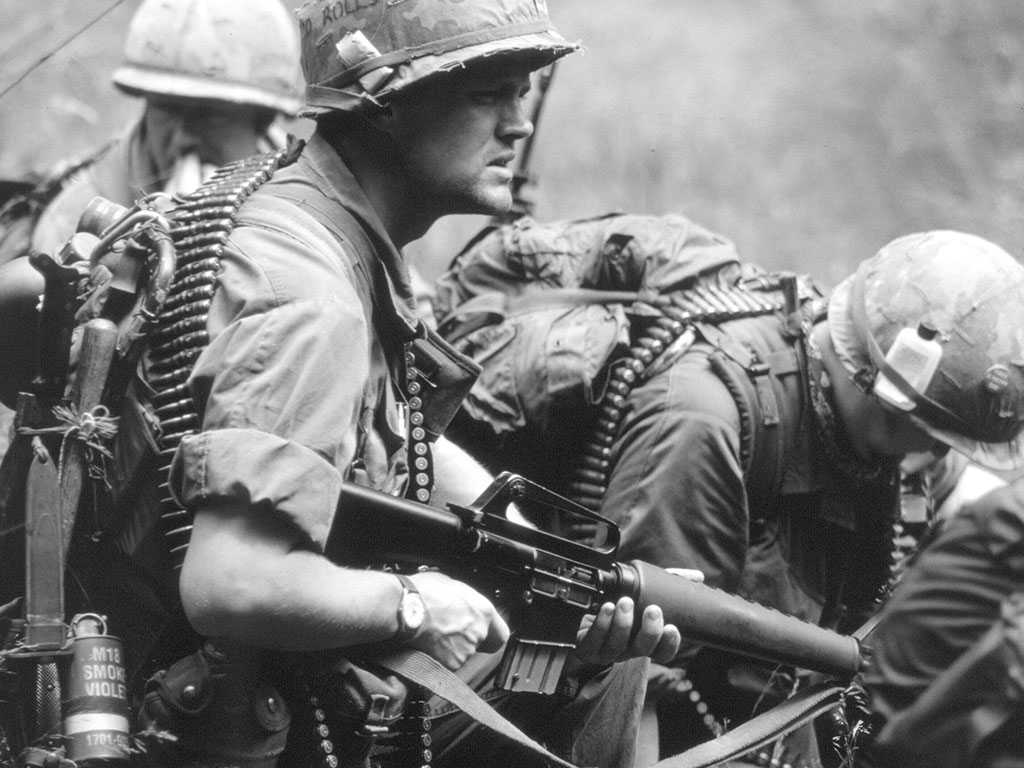
 Why did the leaders of the international community choose the Azores islands, almost midway between Europe and America for a summit? In order to underline the importance they attach to trans-Atlantic solidarity? No. The choice was made in order to escape from anti-war demonstrators.
Even as the leading lights of the ‘coalition of the willing', the chiefs of government of United States of America, United Kingdom, Spain, and Portugal were meeting and taking the world perilously close to a big war, Jose Saramago, the Nobel laureate Portuguese writer taking part in one of the many demonstrations throughout the world said: "We are marching against the law of the jungle that the United States and its acolytes old and new want to impose."
Why did the leaders of the international community choose the Azores islands, almost midway between Europe and America for a summit? In order to underline the importance they attach to trans-Atlantic solidarity? No. The choice was made in order to escape from anti-war demonstrators.
Even as the leading lights of the ‘coalition of the willing', the chiefs of government of United States of America, United Kingdom, Spain, and Portugal were meeting and taking the world perilously close to a big war, Jose Saramago, the Nobel laureate Portuguese writer taking part in one of the many demonstrations throughout the world said: "We are marching against the law of the jungle that the United States and its acolytes old and new want to impose."
